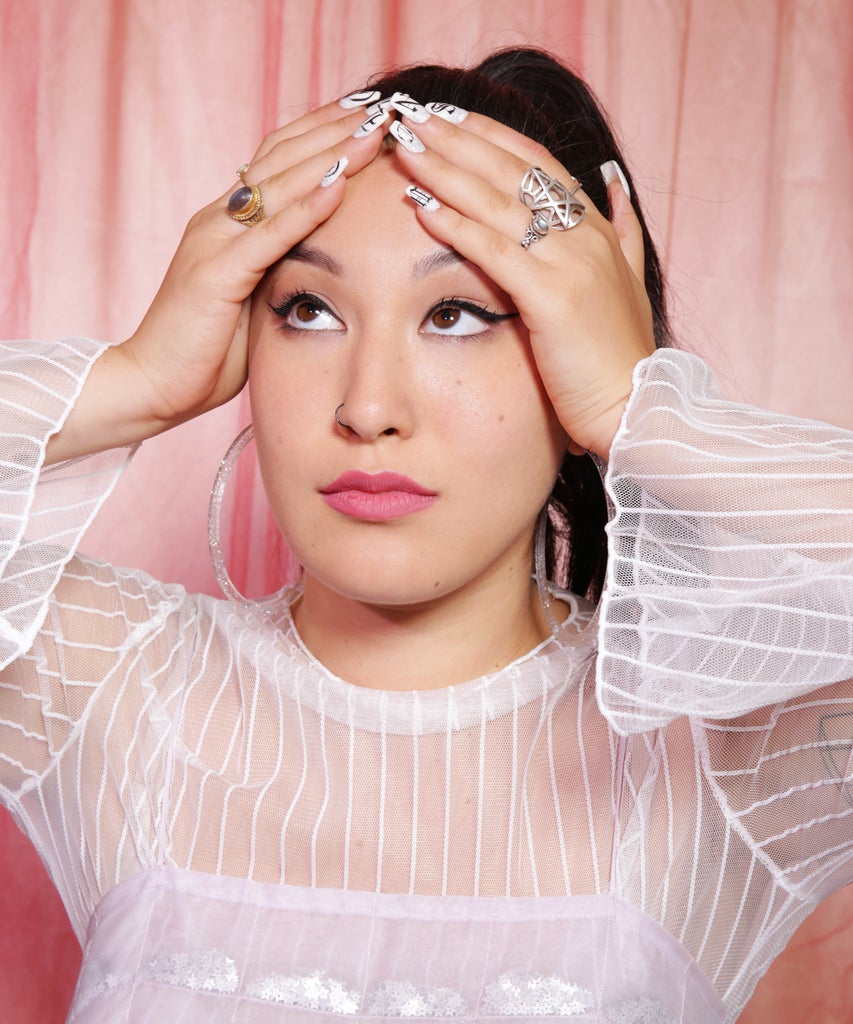‘Silent’ Migraines: Everything You Need To Know

It's well-known that migraines can be pretty awful to deal with — they can cause people to miss work, social commitments, and even make them act differently. Unfortunately, there's an even more intense version of the debilitating headache that can overtake you, called a migraine with aura. They come with many more symptoms than a regular migraine headache does, and can cause you to feel terribly nauseous, disrupt your vision, make you dizzy, and mess with your senses. The aura can even come on its own without the symptom of a migraine headache, but with all of the intense side effects listed above. These are called silent migraines, or typical aura without a headache.
AdvertisementADVERTISEMENT
"Migraine is a genetic brain disease, and it is the second most common disabling disease worldwide," says Jennifer Robblee, MD, assistant professor of neurology at the Barrow Neurological Institute. Dr. Robblee says that about one third of her patients will have an experience with these auras involving "reversible neurological symptoms," and no headache at all.
What happens when an aura occurs is called cortical spreading depression. "A wave of electrical changes spread across the brain affecting the parts that cause the type of aura being experienced," Dr. Robblee says. Don't freak out — you're not going to exactly feel this electrical change as a symptom.
The neurological symptoms in question for a silent migraine are made up of a series of disturbances such as vision loss, flashes of lights or zigzags, numbness, tingling that usually occurs on one side of the body, or an inability to speak clearly. These symptoms can occur individually, or all together. Silent migraine episodes last can last anywhere from five minutes to an entire hour, and they are fierce.
Unfortunately there are no guidelines on treating silent migraines specifically, but some standard migraine treatments may be used to alleviate symptoms. Dr. Robblee explains that you can try preventative over-the-counter medication used for classic migraines, like Magnesium or acute medications, for relief.
As for trying to prevent a silent migraine before it happens, the approach is basically how you'd try to prevent any classic migraine — avoid fasting, drink enough water, stay away from caffeine, optimize sleep, and try to manage your stress.
AdvertisementADVERTISEMENT






